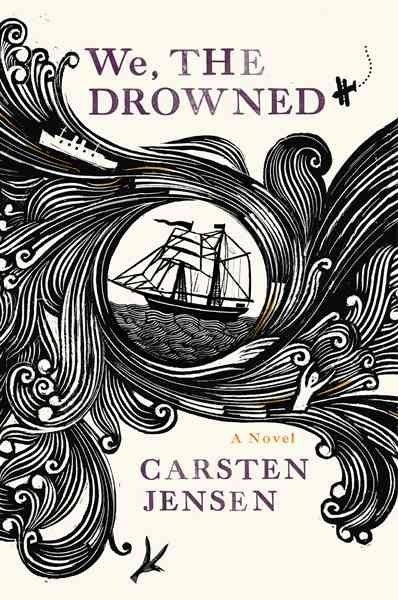
The Burning Ground by Adam O'Riordan
Who can begrudge us foreigners our attraction to Los Angeles—its sprawling circuitry of wealth and poverty, beauty and damnation, innocence and experience? With its palm-screened boulevards, model-thronged beaches, and movie-star aura, LA seems faintly make-believe, yet we know that it is also a place of real crime, cults, and carbon emissions. In The Burning Ground, Adam O’Riordan’s debut collection of stories, the city is primarily a place of loneliness, ennui, and drift. An aging British painter escapes to California following the disintegration of a love affair; a divorced father drags his












